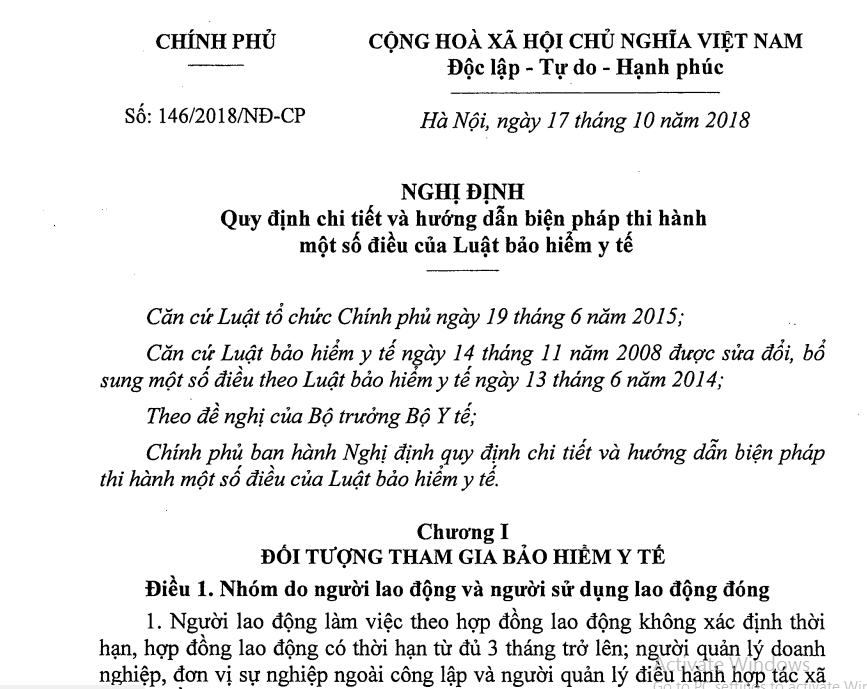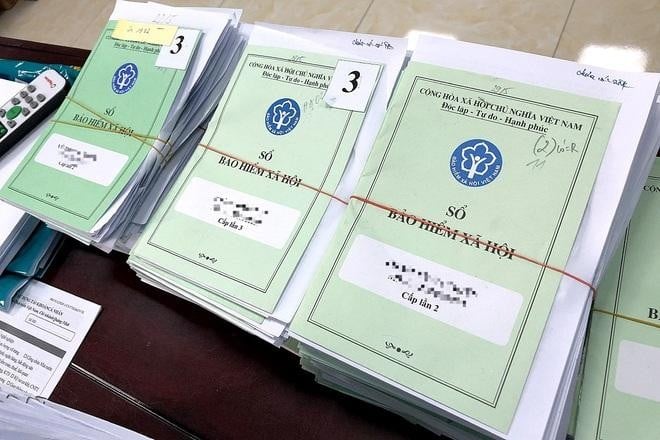The current legislation has provisions for handling the evading payment of social insurance, health insurance, and unemployment insurance for workers in the Criminal Code 2015. However, to have a clearer legal basis for handling these crimes, the Supreme People's Court has drafted a Resolution that provides detailed guidance on evading payment of social insurance, health insurance, and unemployment insurance for workers
To address issues in the process of handling enterprises evading payment of social insurance, health insurance, and unemployment insurance for workers, the Supreme People's Court has drafted a Resolution that clearly defines certain elements constituting crimes under Articles 213 - 216 of the Criminal Code 2015. Illustratively, some situations include:
- Fraudulent actions to avoid full or partial payment of social insurance, health insurance, and unemployment insurance premiums as stipulated in Clause 1, Article 216 of the Criminal Code occur when entities declare or report to competent authorities on mandatory insurance contributions inaccurately. If an obligor has clearly and fully determined the insurance payment obligations but cannot pay in full due to objective conditions or financial hardships, this is not considered insurance evasion.
- Non-payment of social insurance, health insurance, and unemployment insurance premiums as stipulated in Clause 1, Article 216 of the Criminal Code happens when an employer has clearly and fully identified the insurance payment obligations, prepared documents, and completed wage settlement for employees and enterprise income, but does not pay the insurance premiums to the social insurance, health insurance, or labor-invalids and social affairs authorities as required.
- Insufficient payment as stipulated in Clause 1, Article 216 of the Criminal Code refers to the scenario where an employer has clearly and fully identified the insurance payment obligations, prepared documents, and completed wage settlement for employees and enterprise income fully but only pays a part of the social insurance, health insurance, and unemployment insurance premiums to the social insurance, health insurance, and labor-invalids and social affairs authorities as required.
- Other fraudulent tricks under Clause 1, Article 216 of the Criminal Code include exploiting state regulations on preferential policies for enterprises or employees, falsifying documents and information that do not reflect the actual situation of the enterprise or employees to legally evade or reduce insurance contributions which can only be discovered through inspection or auditing.
- Taking advantage of the provision that employees who do not work and do not receive a salary for 14 or more working days in a month are not required to contribute insurance for that month as stipulated in Clause 3, Article 85 of the Labor Code, employers apply this regulation to their employees to avoid insurance payments.
For detailed content, refer to the Draft Resolution guiding the application of Articles 213 - 216 of the Criminal Code 2015.
Duy Thinh
 Article table of contents
Article table of contents
.jpg)









.Medium.png)
.Medium.png)
.Medium.png)
.Medium.png)
